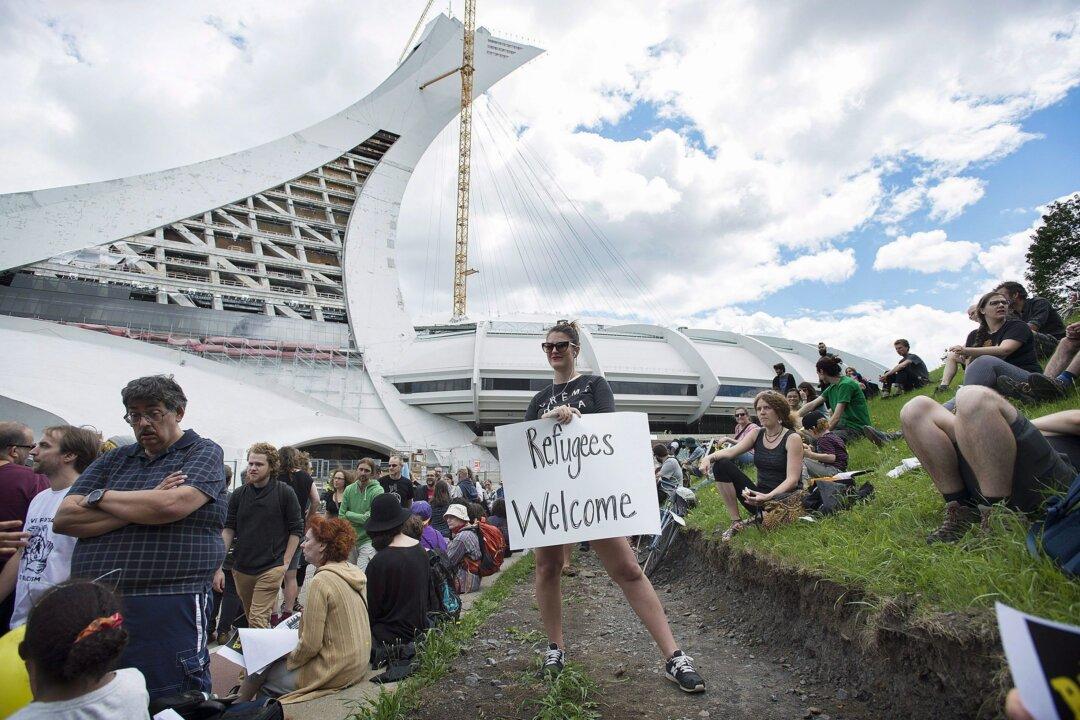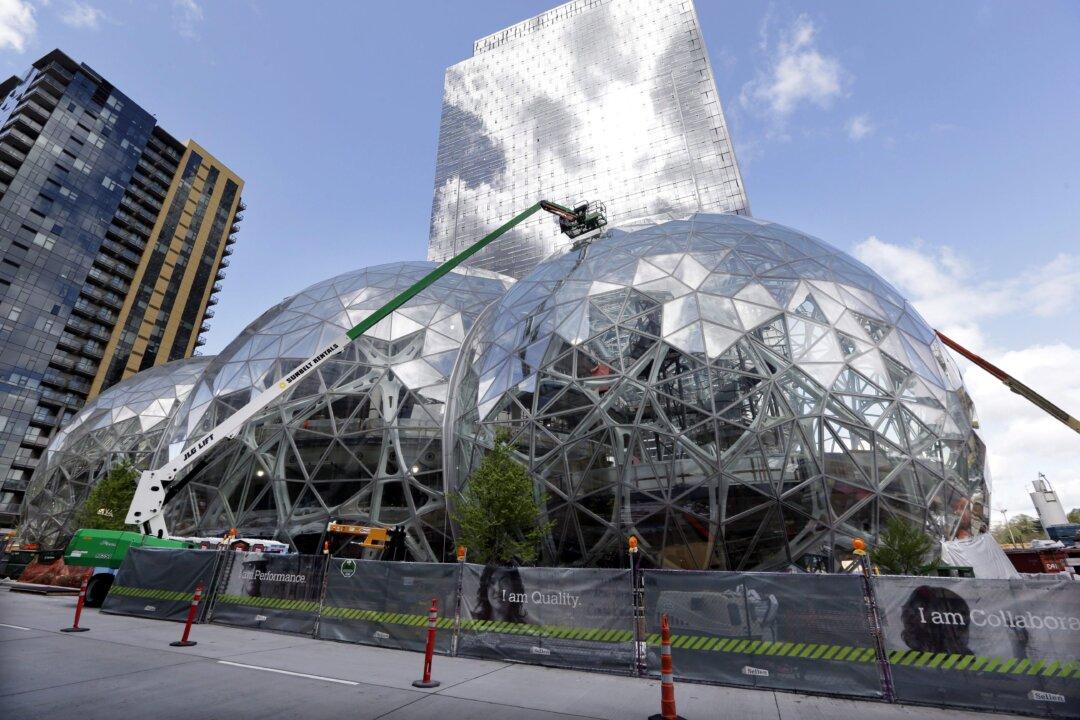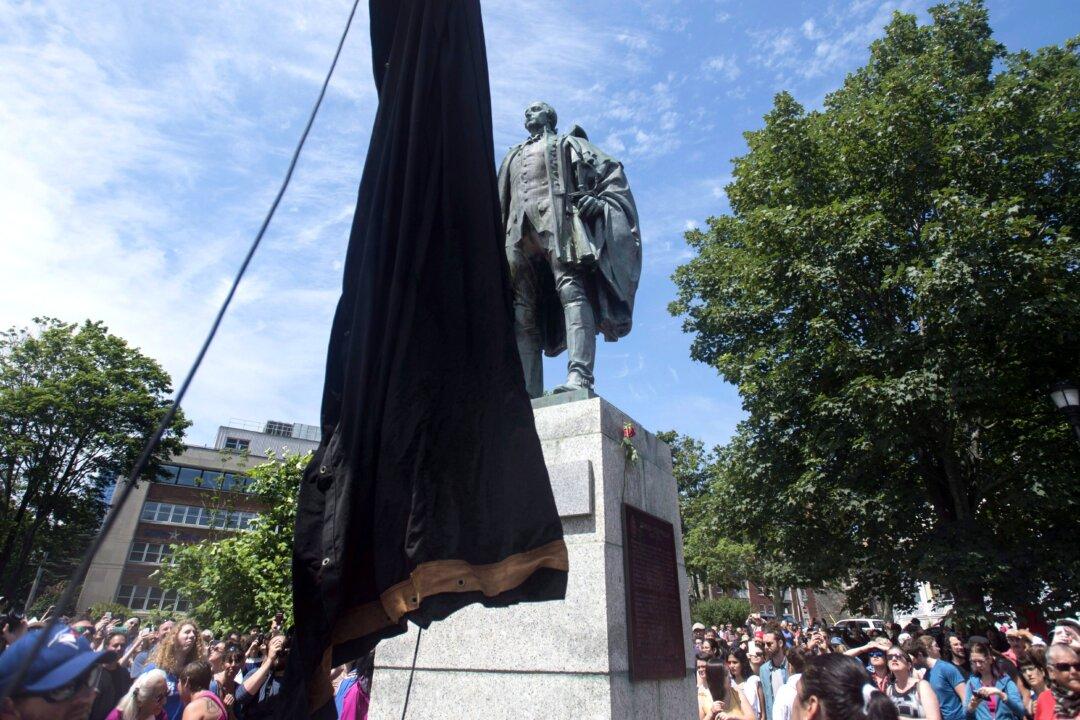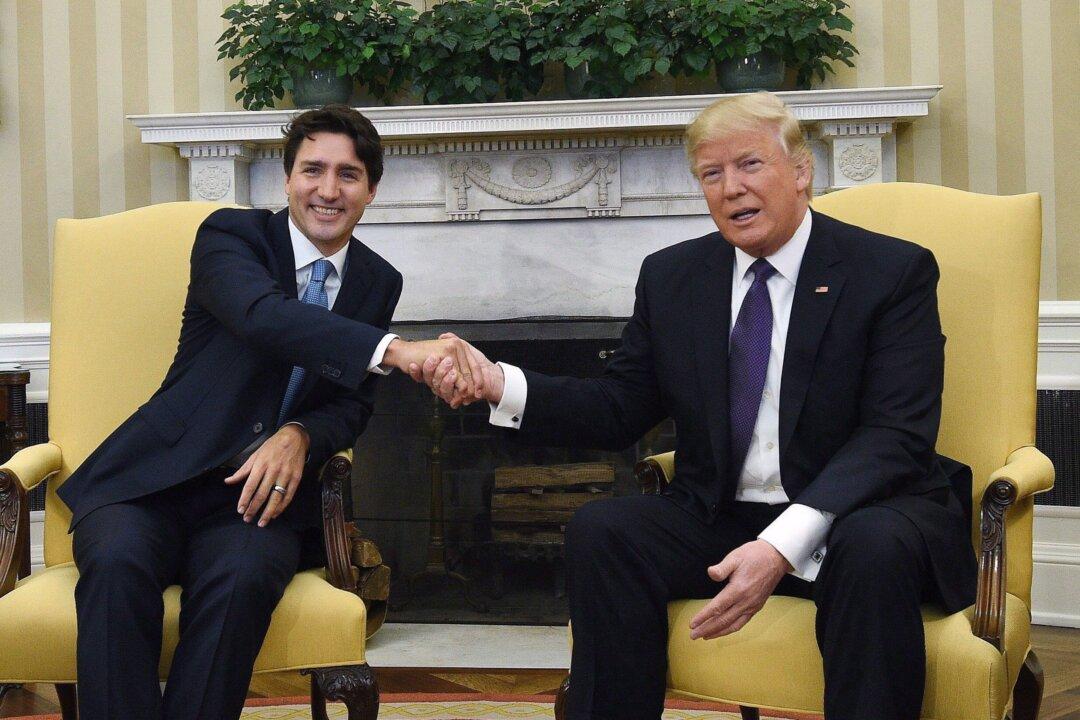A refugee rights organization is arguing Ottawa should suspend its designation of the United States as a safe country for asylum-seekers as the global migrant crisis knocks on Canada’s door.
The unfolding situation—with up to 300 people arriving daily at the Quebec-New York border—is wrapped up in the Canada-U.S. Safe Third Country Agreement.
“The Safe Third Country Agreement should be suspended, because if it’s suspended people will show up at the [official] border and they won’t come irregularly. Because irregularly, they’re putting their lives at risk,” said Loly Rico, president of the Canadian Council for Refugees.
“If people know there is no Safe Third Country Agreement, they will show up at the port of entry and will get in regularly to Canada.”
Under the Agreement, refugee claimants are required to request refugee protection in the first safe country they arrive in, unless they qualify for an exception.
Conservative MP Ted Falk is in favour of the Safe Third Country Agreement, but he argues Canada is in violation of the agreement’s terms by accepting refugees who cross the border illegally or irregularly.
“If you actually read the Safe Third Country Agreement, it’s very clear what should be happening,” he said.
“[Asylum-seekers] should be returned to the country of last presence. They’ve got 90 days to return them. … They’re going to have to make a refugee claim in the country where they landed. And the other country (Canada), by being party to the agreement, is supposed to respect that. I think right now we’re in violation of the agreement by not respecting the terms.”
Falk represents the Manitoba riding of Provencher, where thousands of Somali refugees have been crossing into Canada from the United States following President Donald Trump’s first attempt at banning travel from seven Muslim majority nations.



